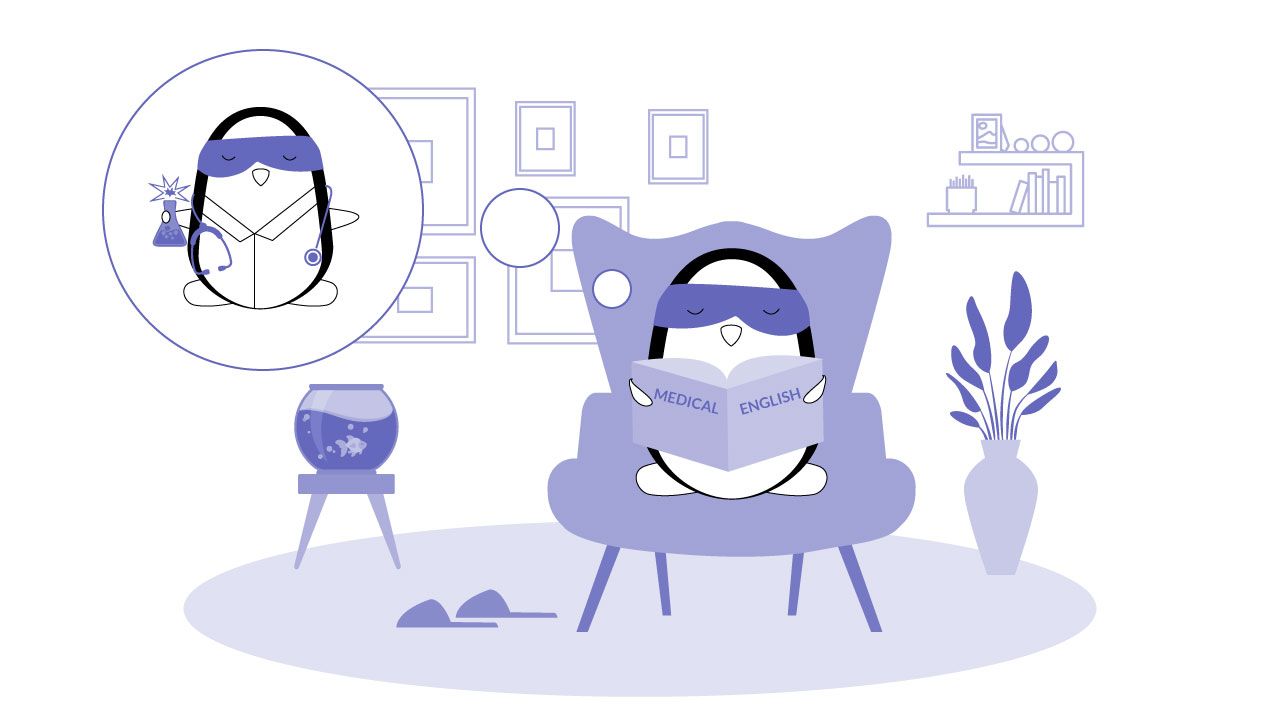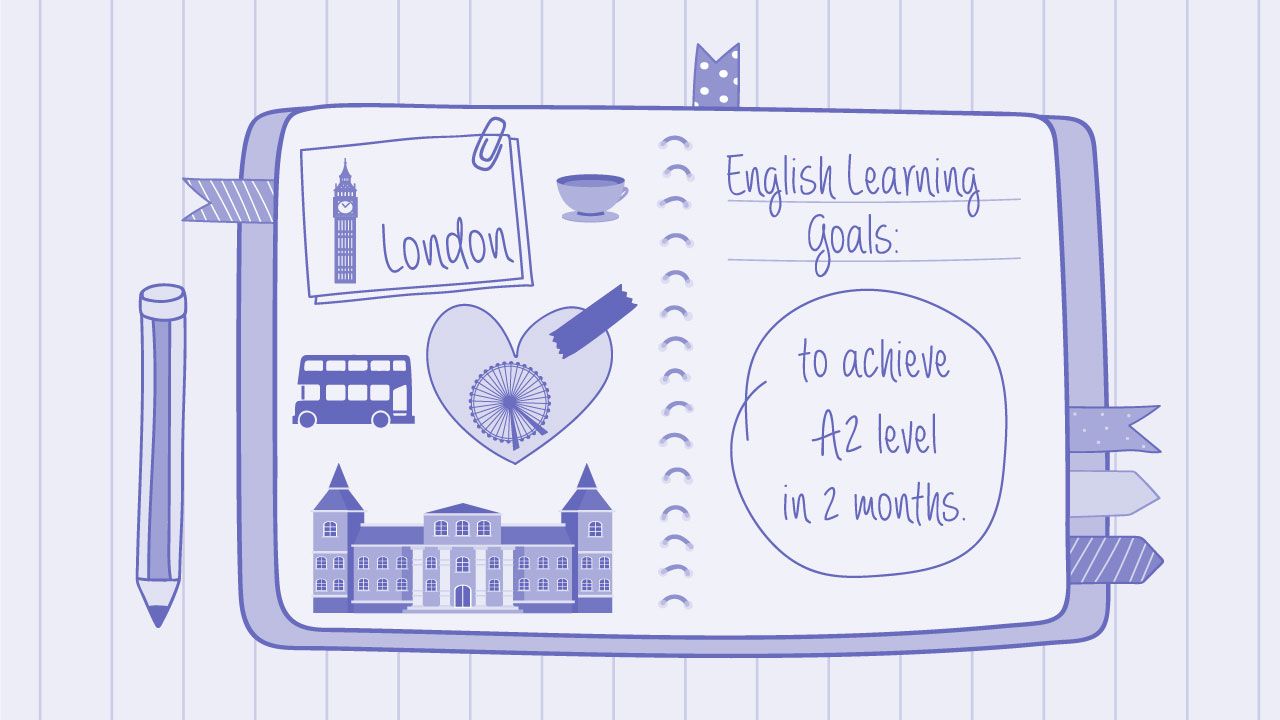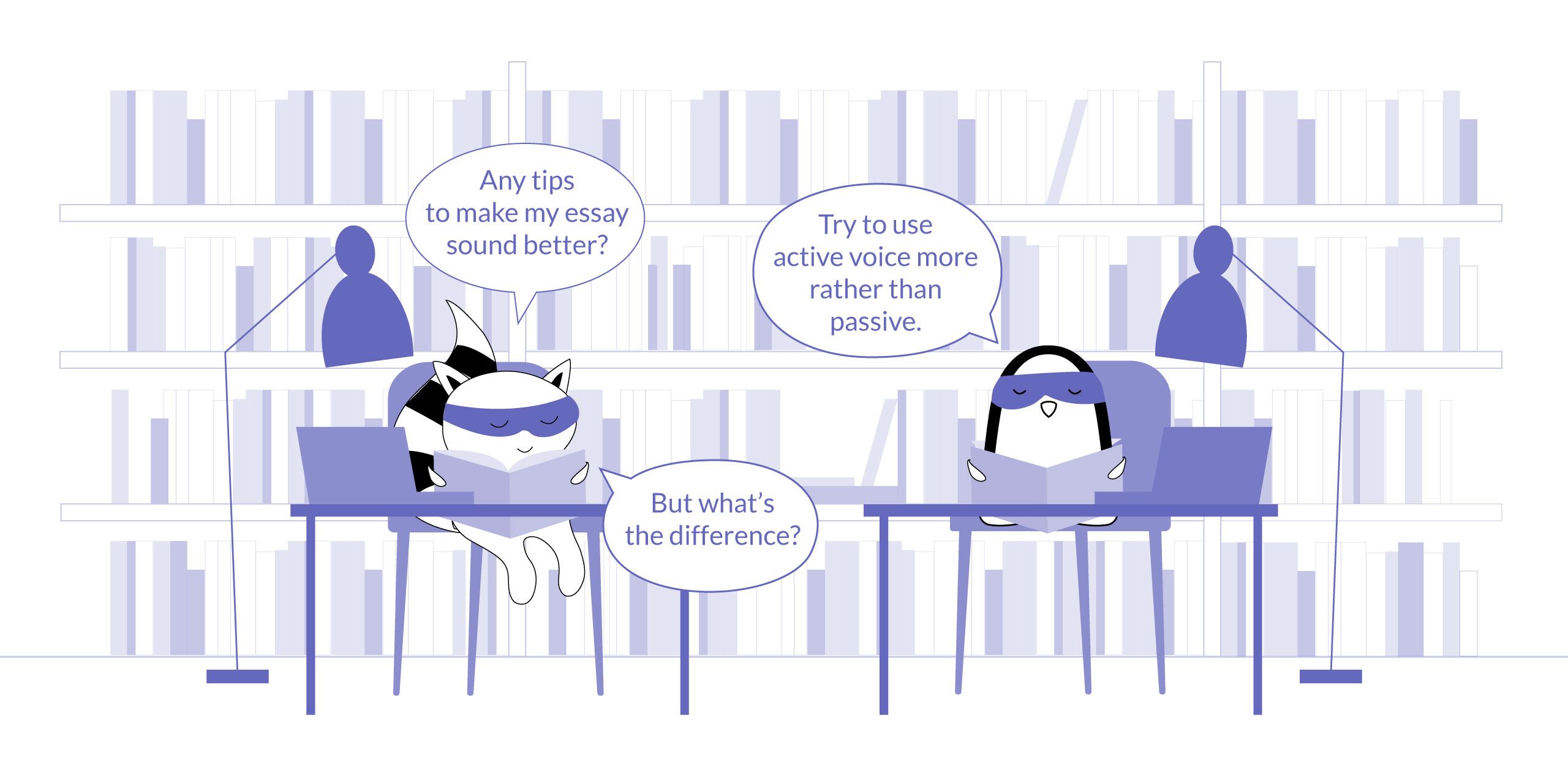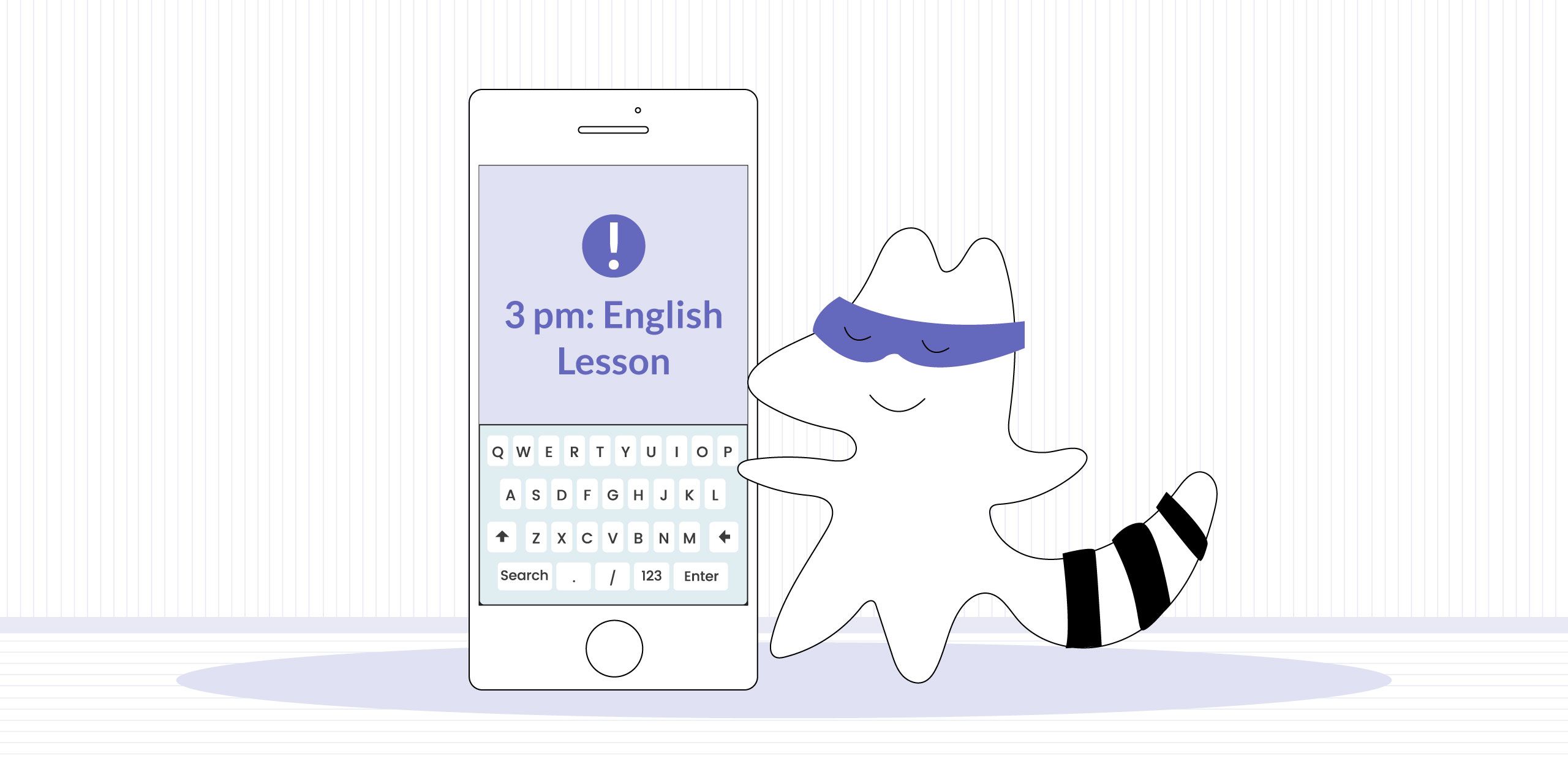
It’s no secret that English is the most widely spoken language in the world. In fact, there are more than 1.5 billion English speakers worldwide, of which over a billion people are non-native English speakers. And that number is only increasing as more and more people choose to learn English as a second language.
However, if you're going to learn a foreign language from scratch, it can be difficult to know where to start. With so many different resources and methods available, it can be hard to know which one is right for you.
But don't worry, we're here to help! We already talked about teaching English as a foreign language, but in this article, we’ll focus on why taking ESL classes can be beneficial, and we’ll give you some tips on how to get started. Let's dive in!
Learn English with Langster
Why Learn English in the First Place?
Before we get into how to learn English, let's first take a look at some of the benefits of learning this language. Whether you're looking to improve your career prospects, make new friends, or travel the world, learning English can help you achieve your goals.
Here are just a few of the many advantages of learning English as a second language:
- English is the language of business, so learning it can help you boost your career prospects.
- English is the language of travel, so learning it can help you learn more about foreign cultures and make the most of your vacations.
- English is the language of technology and science, so learning it can help you stay connected with the latest industry trends, as well as enhance your professional expertise.
- English is the language of culture, so learning it can help you better understand films, books, and music from around the world.
Other than that, learning English can also help improve your communication skills, build your confidence, and make you more independent.
So, as you can see, learning English as a second language can be a truly rewarding experience. If you want to get a fuller picture of these benefits, make sure to check our article on reasons to start your English language learning journey now.
What Is ESL?
ESL stands for English as a Second Language. It's a type of language instruction for non-native English speakers who want to improve their language skills.
ESL classes can be taken online or in a classroom setting, and they can be taken at different levels, from beginner to advanced. Usually, they focus on teaching English grammar, vocabulary, and conversation skills. Many classes also include cultural lessons to help ESL students better understand life in an English-speaking country.
There are also a variety of specialized ESL programs available, such as business English or medical English, so it's important to choose one that's right for your needs. For example, if you're looking to improve your English for business purposes, you'll want to choose a course that focuses on business vocabulary and conversation.
Choosing the right ESL program is an important decision, as it will determine how quickly and effectively you learn English. When choosing a program, it's important to consider your learning goals, schedule, and budget.
To be successful in an academic setting, students need more than just basic language skills. They also need what's known as cognitive academic language proficiency (CALP).
CALP is the ability to think critically and solve problems in the English language. It's often referred to as higher-order thinking, and it's an essential skill for ESL students who want to succeed in an academic setting.
Fortunately, ESL classes can help students develop CALP. By providing opportunities to listen to lectures, read academic texts, and write essays in English, ESL classes give English learners the chance to practice and improve their CALP skills, regardless of their native language.

Common Obstacles ESL Students May Face
Learning English as a second language is an incredibly rewarding experience, but it can also be challenging. After all, there are so many new words and rules for beginning English language learners to get overwhelmed by.
Here are some common obstacles that ESL students may face along the way and how to overcome them:
One of the biggest challenges for non-native speakers is overcoming language barriers. This can be difficult, especially for beginners, but it's important to remember that everyone starts at the same place. With time and practice, you'll be able to understand and be understood in English.
Another common obstacle is cultural differences. This is especially true for students who are learning English in a country where the culture is different from their own. However, it can be helpful to learn about the culture of your new classmates, as this will make it easier to communicate and connect with them.
Finally, many ESL students are afraid of making mistakes. But, this is perfectly normal – even native English speakers make them! Making mistakes is how we learn. The important thing is to not let your mistakes stop you from speaking English. The more you practice, the better you'll become, and eventually, you'll make fewer and fewer mistakes.

How to Get Started with Learning ESL
If you're interested in learning ESL, there are a few things you'll need to do to get started.
First, you'll need to assess your current level of English. This will help you determine which classes or programs are right for you. There are a variety of online tests and quizzes that can help you determine your English level, such as the Cambridge English Placement Test (CEPT) or the Duolingo English Test.
Next, you should find a suitable ESL program. There are many different programs available, so it's important to do your research and choose one that meets your needs. If you don’t know where to start looking, you can check the ESL directory that enables searching for programs by country. Once you've found a program, you can start your learning journey!
You'll also need to make sure you have the right resources at hand. There are a number of excellent books, websites, and apps that can help you learn English effectively, such as Langster, which focuses on learning English through stories. Some of our other favorites include Duolingo, Babbel, and Rosetta Stone.
Furthermore, you'll need to find a way to practice English outside of the classroom. This is essential for developing your speaking and listening skills. There are a number of ways to do this, such as finding an English-speaking friend to practice with or watching English-language movies and TV shows with subtitles.
Finally, make sure to set some realistic goals for yourself. Learning a foreign language takes time, so don't expect to become fluent overnight. By setting small, achievable goals, you'll be more likely to stick with them and see desired results over time.
We have a bunch of articles dedicated to learning English from scratch and honing particular English language skills both online and in a classroom setting. Make sure to browse them for more information on topics you’re particularly interested in.

How to Choose a Suitable ESL Program?
With so many different ESL courses available, it can be difficult to know how to choose the right one. Here are a few things to keep in mind when making your decision:
- Learning goals. What do you hope to achieve by learning English? Do you want to improve your speaking skills? Build your vocabulary? Learn grammar rules? Once you know your goals, you'll be able to narrow down your options and choose a program that's right for you.
- Schedule. How much time do you have to dedicate to learning English? Are you looking for a full-time program or something more flexible? Make sure to choose a program that fits your schedule and lifestyle so that learning won’t feel like a chore.
- Budget. There are a variety of programs available at different price points. Do some research to find one that's affordable for you.
- Read reviews! Once you've found a few programs you're interested in, check out online reviews to get a sense of what other students have thought about the program.
With these criteria in mind, you should be able to find an ESL program that's right for you.
The Bottom Line

Learning English as a second language can have numerous benefits. It can improve your communication skills, help you learn new vocabulary and grammar rules, and even make you new friends from around the world.
And, with so many different programs available, there's sure to be one that's right for you – just make sure you stay motivated and set achievable goals. So, why not give it a try? You may be surprised at just how much you can learn!









